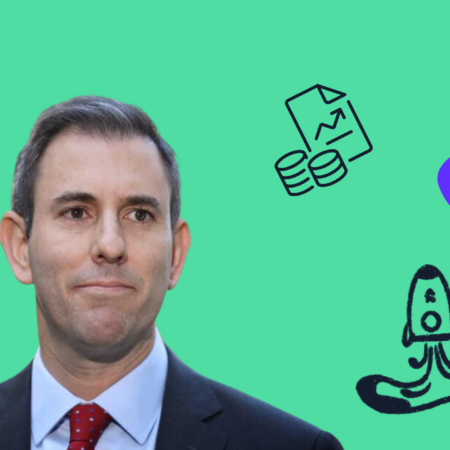Trusts: the different types and their benefits
Many of our clients have a business structure that involves a trust and whilst the common response is “sounds great” (and we appreciate that people put their trust in us) it’s worthwhile understanding what this structure actually means, and how the types of trusts differ.
What is a trust?
A trust is a legal setup where the trustee is a protector for your business or venture, and is responsible for managing it in the interests of other people, known as beneficiaries. This trustee can be a person or a company and they handle all aspects of the trust, including its finances. Trusts are often used to keep their business assets safe for the beneficiaries as they add a layer of legal protection. The trustee is the one who decides how the profits from the business or investments should be shared among the beneficiaries each financial year.
What are the main kinds of trusts?
- Discretionary Trust: In this trust, the trustee has the discretion to decide how income and capital are distributed among beneficiaries, offering flexibility to adapt to changing circumstances
- Unit Trust: A unit trust divides trust property into units, with beneficiaries receiving income and capital based on the number of units they own. This structure is common in investment funds and real estate partnerships
- Hybrid Trust: Combining elements of discretionary and unit trusts, a hybrid trust provides both fixed entitlements for some beneficiaries and discretionary benefits for others, striking a balance between certainty and flexibility
- Testamentary Trust: Created through a will and effective after the appointor’s death, it manages assets according to the appointor’s wishes, often used for the benefit of minor children or other specific purposes
- Bare Trust: In a bare trust, the beneficiary has an immediate and absolute right to both income and capital, with minimal trustee discretion. This trust is used when a legal owner holds assets on behalf of a beneficial owner.
What are the benefits of each type of trust?
- Discretionary Trust: Offers flexibility in income and capital distribution, adapting to changing beneficiary needs
- Unit Trust: Provides a straightforward way to distribute income and capital based on unit ownership
- Hybrid Trust: Balances fixed entitlements and flexibility to meet diverse beneficiary needs
- Testamentary Trust: Ensures assets are managed as per the appointor’s wishes, especially for minor children or specific purposes
- Bare Trust: Allows immediate beneficiary access to income and capital with minimal trustee intervention.
How do I know if I need a trust?
The decision to create a trust depends on the specific business or investment plans you have, as well as your long-term objectives and how you plan to exit your investments. It also depends on factors like the type and value of your assets, your estate planning goals, and any particular worries you might have about protecting your assets or looking after your beneficiaries.
Who sets it up?
Creating a trust is complicated and requires expertise and knowledge. A trust is typically set up by the appointor with the assistance of a professional, such as an accountant or a lawyer. The appointor defines the trust’s terms and designates the trustee responsible for managing the assets. If done incorrectly, trust structures can be quite tricky and costly to rectify if a mistake is made. Long story short… come and chat to us!
Anything else I should know about trusts?
Trusts require careful consideration of your goals, ongoing management, and a *trustworthy* trustee. Regular reviews of the trust’s provisions are advisable to ensure they align with your evolving circumstances and objectives.













